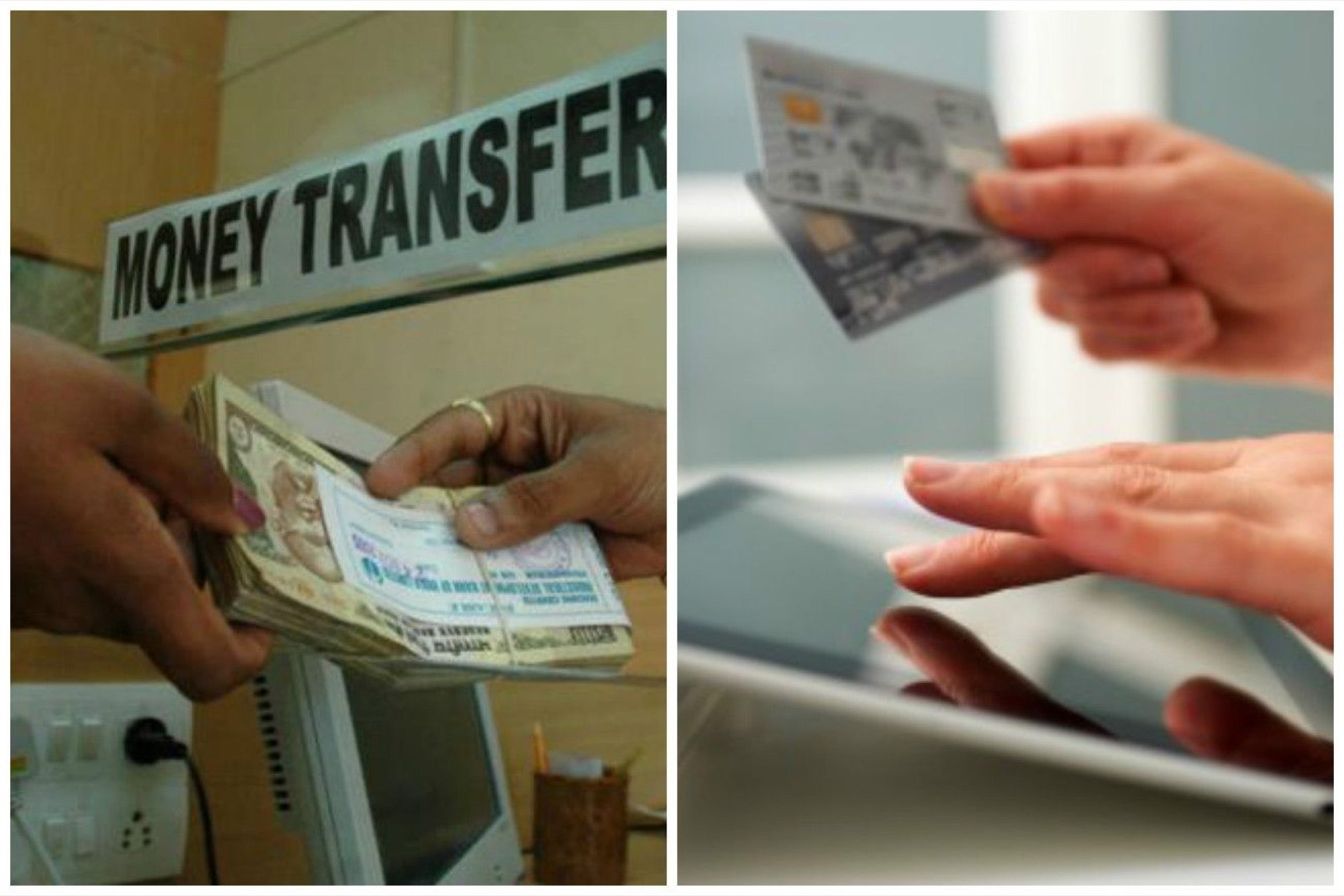Alternative Digital Lenders vs Traditional Banks - Competitors or Partners? Most banks still collect physical documents, which makes doing a real-time analysis of financial statements and salary slips impossible.
Opinions expressed by Entrepreneur contributors are their own.
You're reading Entrepreneur India, an international franchise of Entrepreneur Media.

Until as late 2015, it was impossible to get a loan just by filling an online form. Cut to Jan 2017, and over 25 digital-lending firms in the fintech space are willing to offer you a loan where most of the processes are automated and happen online. These startups mostly target individuals and entities who have been underserved by the traditional banking system - young professionals who need payday loans, businesses who deserve credit but are not provided any, college students who need a loan for discretionary spending, individuals who don't get approved for personal loans since they don't have any documented/formal credit history.
This doesn't mean that these new-age fintech firms are taking a bigger risk. They've just altered the way to look at data. Now banks like Kotak Mahindra and IDBI are saying - they can do the same. The narrative too is identical, alternate lending models and more data points. But can the banks really do it?
Most banks still collect physical documents, which makes doing a real-time analysis of financial statements and salary slips impossible. All along, the most common accusation against digital lending startups was that they were being reckless and making claims that were preposterous just to earn brownie points. Now with large banks jumping onto the bandwagon and encouraging "thin-files' (individuals with little or zero credit history), alternative lending startups have been vindicated.
These startups have the advantage of operating with an inch-wide; mile-deep philosophy which has helped push them to create disruptive products for niche markets. This is not easily replicable by traditional lenders since they claim to offer a wide variety of products and services. In time, traditional lenders can implement the same systems but they'll still have the problem of not being able to focus on a single problem at a time.
Alternative digital lenders are focused on getting scale to become the number one player in their respective segments, thereby being able to constantly work on one problem and deep-dive into it; unlike banks which have a plethora of targets to be met. What's common with all these firms. irrespective of their role in the lending segment is their commitment to big data. This helps these firms in constantly adding to the data pool whether they utilise machine-learning algorithms or not.
While we've seen banks like ICICI get ingenious with their portfolio by investing in a firm like Fino Paytech, a bank's focus on new technology products and disruptive ideas is likely to be lesser than a startup's. The reason is obvious - for entrepreneurs it is about survival. If a lending startup is not able to scale or solve a real-world problem, it may have to shut down.
Banks are being proactive in partnering with startups to explore means to expand their reach and that has to be appreciated. SBI and Kotak Mahindra bank have partnered Reliance and Bharati Airtel in their payment bank foray. YES bank is working with an incubator, T-Hub, to provide fintech startups products, payment gateways and open APIs. In June last year Axis Bank launched its in-house incubator - "Thought Factory', to build breakthrough banking products.
To make a sizeable impact in catering to a new market, banks will have to play to their strengths, leverage their physical presence, invest more in infrastructure development and try and incorporate some of the qualities that indian startups have exemplified. Being nimble big bank is a bit of an oxymoron. Nevertheless, banks have started taking notice and moving in the right direction. Ex RBI governor D Subbarao made a statement last month on how traditional banks need to buck-up while addressing an international conference. He said that banks will compete with players who will challenge them on costs, technology and new ways of assessing risks. I have to agree with him.










